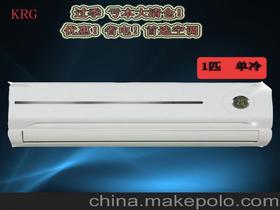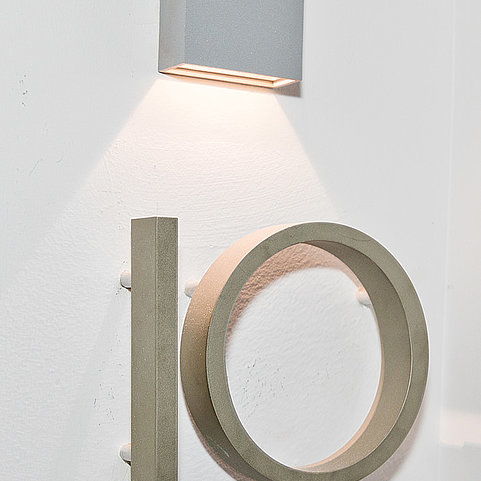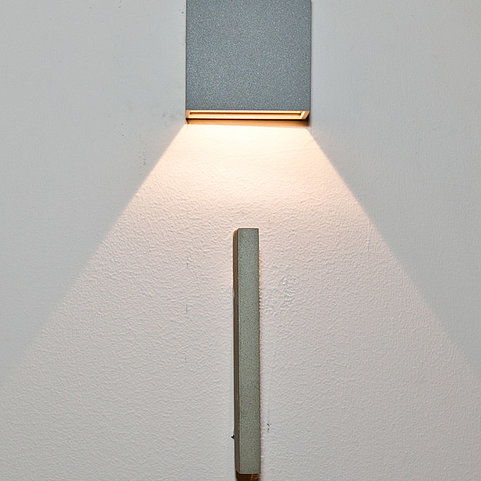Understanding the BTU to Ton Conversion: A Comprehensive Guide for You
When it comes to heating and cooling systems, the terms BTU and ton are often used interchangeably, but they actually represent different units of measurement. In this article, we will delve into the BTU to ton conversion, providing you with a detailed and multi-dimensional understanding of these units. Whether you are a homeowner, a contractor, or simply curious about these terms, this guide is tailored to help you navigate through the conversion process with ease.
What is a BTU?

A British Thermal Unit (BTU) is a unit of energy commonly used in the United States and United Kingdom to measure the amount of heat required to raise the temperature of one pound of water by one degree Fahrenheit. In simpler terms, a BTU is the amount of energy needed to heat or cool a space. The higher the BTU rating, the more heat or cooling power the system can provide.
Understanding the Ton

The ton, on the other hand, is a unit of power used to measure the cooling capacity of an air conditioning system. One ton of cooling power is equivalent to 12,000 BTUs per hour. This means that a 2-ton air conditioner can remove 24,000 BTUs of heat from a room per hour.
How to Convert BTU to Ton

Now that we have a basic understanding of both units, let’s explore how to convert BTUs to tons. The formula for this conversion is straightforward:
Number of Tons = BTUs / 12,000
For example, if you have a space that requires 36,000 BTUs of cooling power, you would divide this number by 12,000 to find the equivalent tonnage:
36,000 BTUs / 12,000 = 3 Tons
Why is the BTU to Ton Conversion Important?
Understanding the BTU to ton conversion is crucial for several reasons:
-
Accurate System Sizing: By converting BTUs to tons, you can ensure that your heating or cooling system is appropriately sized for your space. An undersized system will struggle to maintain the desired temperature, while an oversized system will waste energy and money.
-
Energy Efficiency: A properly sized system will operate more efficiently, leading to lower energy bills and reduced environmental impact.
-
Comfort: A well-sized system will provide consistent and comfortable temperatures throughout your home or business.
Table: BTU to Ton Conversion Chart
| BTUs | Tons |
|---|---|
| 12,000 | 1 |
| 24,000 | 2 |
| 36,000 | 3 |
| 48,000 | 4 |
| 60,000 | 5 |
| 72,000 | 6 |
| 84,000 | 7 |
| 96,000 | 8 |
| 108,000 | 9 |
| 120,000 | 10 |
Common Misconceptions About BTU to Ton Conversion
While the BTU to ton conversion is a straightforward process, there are several misconceptions that can arise:
-
One ton of cooling power is equal to one ton of weight: This is a common misconception. The ton in this context refers to a unit of power, not weight.
-
A higher BTU rating always means better performance: While a higher BTU rating can provide more cooling power, it is essential to



